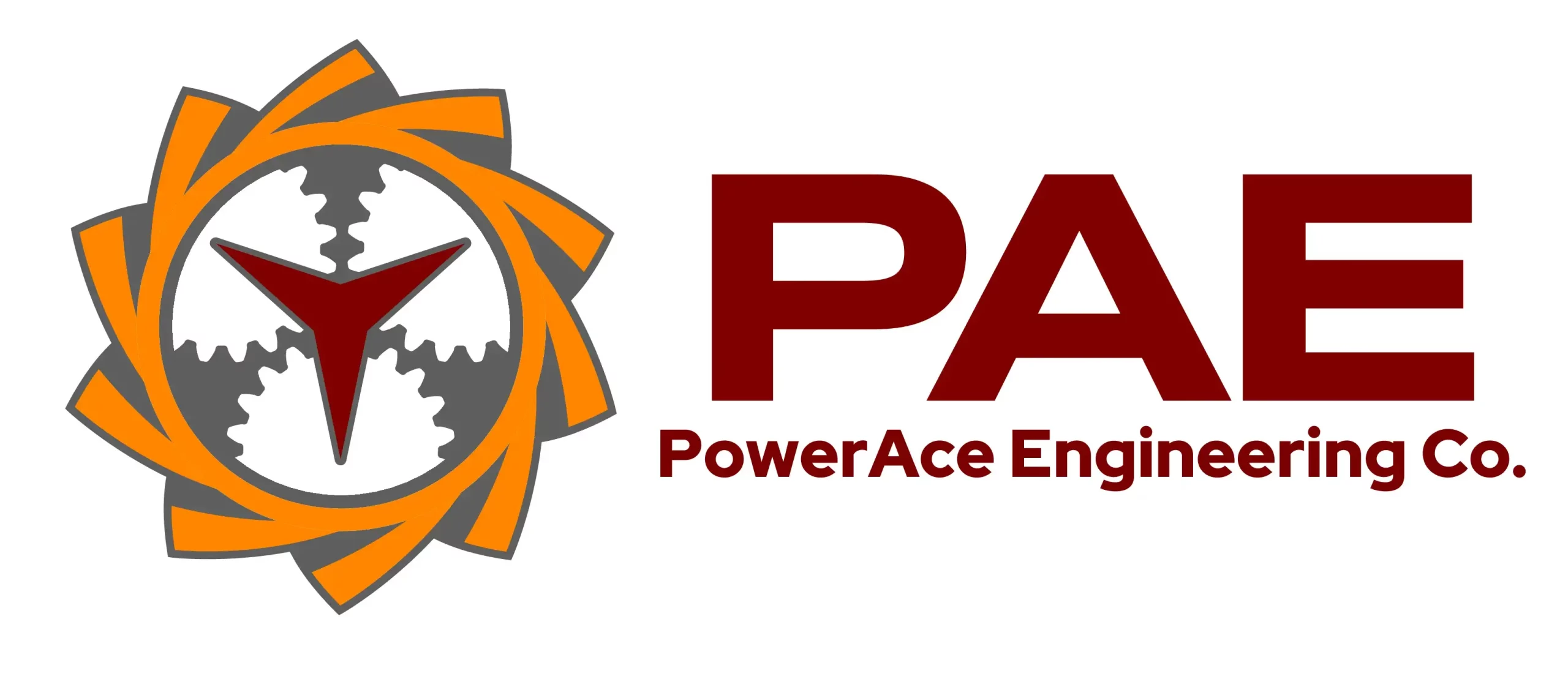The integrity and efficiency of mechanical systems are paramount in the field of industrial machinery today. One crucial component that plays a significant role in protecting these systems is the torque limiter. Particularly relevant in applications involving servo couplings, torque limiters serve as a safeguard against driving problems, ensuring that machinery operates smoothly and safely.
Understanding Torque Limiters
Torque limiters are mechanical devices designed to disengage when a specified torque threshold is exceeded. This feature is essential in preventing damage to equipment caused by overload situations. For industries relying on heavy machinery, integrating a torque limiter coupling into the design can significantly reduce downtime and maintenance costs.
While some manufacturers may hesitate to include torque limiters in standard designs due to perceived costs, the benefits far outweigh these concerns. The financial implications of machine failures—lost production, damaged components, and labor to repair—can often eclipse the initial investment in torque limiting devices.
A Case Study in Torque Limiting
Consider a recent project where a client needed a screw jack lifting system to raise the hood of an industrial oven monthly for maintenance. The setup involved a single motor powering multiple jacks, with a significant risk of one jack jamming due to debris accumulation. The solution was to install a torque limiter at the motor’s output, allowing the system to disengage if an overload occurred.
Key Considerations for Installation
Torque limiters use sophisticated friction disc technology to proactively safeguard industrial In this case, placing the torque limiter at the motor was critical. Should one jack jam, the torque limiter needed to engage before any damage occurred to the entire system. Therefore, although it’s generally advisable to position torque limiters closer to the load, the unique circumstances required a different approach.
To ensure safety, the jacks were upgraded to sizes that exceeded the nominal torque required for lifting, taking into account all relevant efficiencies of gearboxes and shafts.
Testing and Unexpected Challenges
The day of testing arrived, and to the team’s surprise, the torque limiter tripped immediately when the system was activated. This prompted a thorough re-evaluation of all calculations and system components. Upon substituting the torque limiter with a standard shaft coupling, the system operated, albeit with some strain.
Upon inspection of the original torque limiter, it was clear that it functioned as intended. The issue lay elsewhere. Monitoring equipment revealed that the motor was attempting to accelerate the entire system’s inertia too rapidly, causing a significant surge in current and torque. Mechanical torque limiters react instantly to such overloads, which explains why they disengaged.
Finding the Solution
To resolve the problem, a soft start device was implemented to control the motor’s acceleration. This adjustment kept the torque below the disengagement threshold of the torque limiter, allowing the entire system to function smoothly.
This experience underscores the importance of careful design and consideration of mechanical components, particularly when selecting industrial couplings and other related devices. Collaborating closely with clients throughout the design process is a core value of our services, ensuring that each element of the system works cohesively.
The Role of Industrial Couplings Manufacturers
Choosing the right industrial couplings manufacturers is crucial for the success of any mechanical system. They not only provide the necessary components but also bring expertise that can help identify potential issues before they arise. Their knowledge in integrating servo couplings and torque limiters into various applications can lead to enhanced system performance and reliability.
Conclusion
Incorporating torque limiters into industrial applications is not just about safeguarding against failure; it’s about ensuring long-term efficiency and cost-effectiveness. As demonstrated in our case study, the right torque limiting solutions can prevent significant downtime and protect your machinery from potential harm.
For your next mechanical drive application—whether it involves gear drives, coupling solutions, or lifting systems—partner with experts who can guide you in making informed decisions.
At Power Ace India, we stand out as a premier distributor of precision gearboxes, specializing in high-speed, low-backlash planetary gearboxes with advanced shrink disc technology. Our extensive range of products—including miniature spiral, worm, spiral bevel, and right-angle planetary gearboxes—reflects our commitment to quality and innovation. By choosing Power Ace, you gain access to reliable gear solutions that meet the highest performance standards. Trust us to deliver precision and reliability for all your gearbox needs, ensuring your machinery operates smoothly and efficiently.
Let us help you achieve success in your projects with tailored solutions that meet your specific needs. For more information, visit our official website today.
